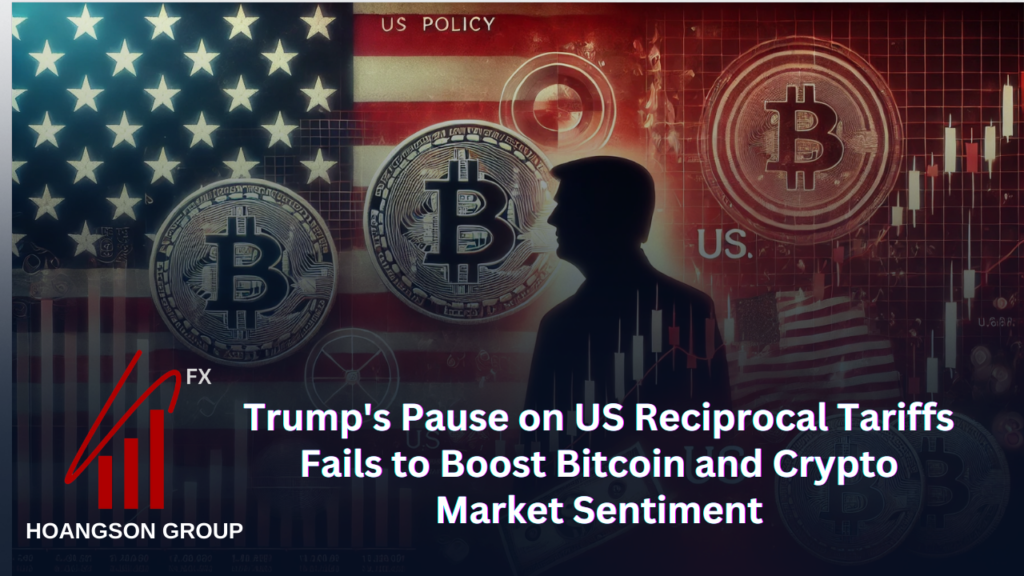Washington, D.C. – President Donald Trump has temporarily halted the implementation of his administration’s proposed reciprocal tariffs, a move that initially provided a brief respite for the cryptocurrency market but failed to sustain long-term investor confidence.
On Thursday, Trump signed a memorandum directing his administration to devise a plan for reciprocal tariffs, which will impose equivalent taxes on foreign trading partners that tax U.S. imports. The tariffs, originally set to take effect this week, are now expected to begin in April, according to Commerce Secretary Howard Lutnick.
Bitcoin and Crypto Market Reaction
Bitcoin (BTC) and major cryptocurrencies initially saw a brief recovery following the announcement, reflecting their increasing sensitivity to macroeconomic developments. BTC had earlier dropped to $95,000 during the Asian trading session but rebounded to $96,000 after the pause was confirmed.
However, with tariffs now projected to take effect in the second quarter, market participants remain cautious. Analysts suggest that investor hesitation could lead to continued capital outflows from the crypto sector, as demonstrated by Bitcoin ETFs experiencing negative net flows every day since the start of the week. According to Farside data, Bitcoin ETFs have seen a cumulative four-day net outflow of nearly $680 million.
Macroeconomic Uncertainty Weighs on Crypto Sentiment
The broader cryptocurrency market has struggled in recent weeks due to unfavorable macroeconomic conditions. A significant downturn occurred between February 2 and 3, when over $2 billion was wiped from the crypto derivatives market in a rapid crash.
With economic uncertainty still looming, experts predict that Bitcoin and other digital assets may continue trading sideways in the coming weeks unless a major catalyst shifts investor sentiment. As the industry awaits further developments, the impact of Trump’s tariff policies remains a key factor influencing market movements.

